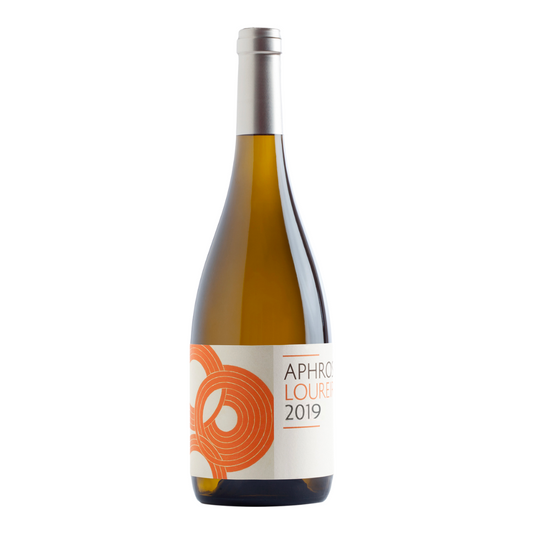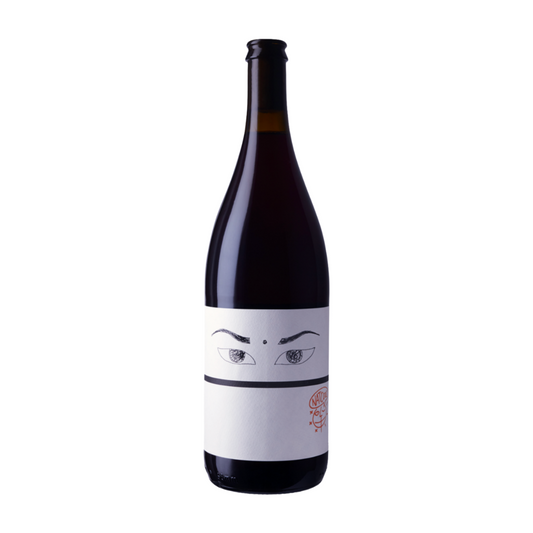-
 Sold out
Sold outAphros Vinhos Loureiro 2014
Regular price $33.95 CADRegular priceUnit price per -
Vinhos Quinta Da Pedra Alta Pedra a Pedra Tinto 2018
Regular price $33.95 CADRegular priceUnit price per -
 Sold out
Sold outNiepoort NAT'Cool! Tinto 2020
Regular price $29.95 CADRegular priceUnit price per


